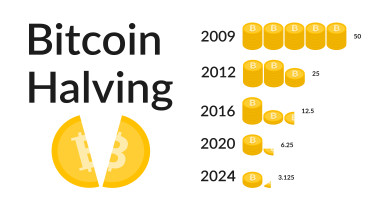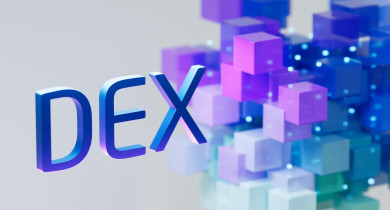
The Ethics of Algorithmic Trading: Balancing Profit and Responsibility
The rise of algorithmic trading has brought with it a number of ethical considerations that must be taken into account. While the benefits of this technology are clear, such as increased efficiency and reduced risk, there are also concerns surrounding the impact on markets, fairness, and accountability. In this article, we will explore the ethics of algorithmic trading and the responsibility that comes with using this powerful tool.
First, it is important to understand what algorithmic trading is and how it works. Algorithmic trading, also known as algo-trading or automated trading, refers to the use of computer programs to execute trades based on predetermined criteria, such as price, volume, or timing. These algorithms are designed to analyze market data and execute trades faster and more accurately than human traders, taking advantage of even small price movements to generate profits.
One of the main ethical concerns surrounding algorithmic trading is the potential impact on markets. Some argue that the increased use of algorithms could lead to market manipulation or even a market crash. For example, if a large number of traders are using similar algorithms, they could all be making the same trades at the same time, causing a sudden and significant shift in the market. This could be particularly dangerous if the algorithms are based on faulty assumptions or incomplete data.
To address these concerns, regulators have implemented various measures to promote transparency and stability in the markets. For example, exchanges may require traders to disclose their use of algorithms and provide detailed information about their trading strategies. Regulators may also monitor trading activity to detect any signs of market manipulation or abuse.
Another ethical concern surrounding algorithmic trading is fairness. Some argue that the use of algorithms gives certain traders an unfair advantage over others. For example, high-frequency traders, who use algorithms to execute trades at lightning-fast speeds, may be able to jump ahead of other traders in the order book, effectively front-running their trades. This can result in higher prices for other traders and lower profits for those who are not using algorithms.
To address these concerns, some exchanges have implemented measures to promote fairness and equality in trading. For example, they may offer colocation services that allow all traders to access the exchange's servers at the same speed, regardless of their physical location. This can help to level the playing field and ensure that all traders have an equal opportunity to execute their trades.
Finally, there is the issue of accountability. With the rise of algorithmic trading, it can be difficult to determine who is responsible for any issues or errors that may arise. For example, if an algorithm makes a faulty trade that results in a loss, who should be held responsible: the trader who wrote the algorithm, the firm that deployed it, or the exchange that allowed it to be used?
To address these concerns, some firms have implemented strict controls and oversight processes to ensure that all algorithms are thoroughly tested and vetted before they are deployed. They may also have mechanisms in place to quickly identify and rectify any issues that arise, such as circuit breakers that can halt trading in the event of a sudden market shift.
In conclusion, while algorithmic trading offers many benefits, it is important to consider the ethical implications of its use. Regulators, exchanges, and firms all have a role to play in promoting transparency, fairness, and accountability in trading. As investors, it is important to educate ourselves about the risks and benefits of algorithmic trading and to make informed decisions about how to incorporate this technology into our investment strategies. By doing so, we can help to ensure that algorithmic trading remains a powerful and responsible tool for generating profits in the markets.




